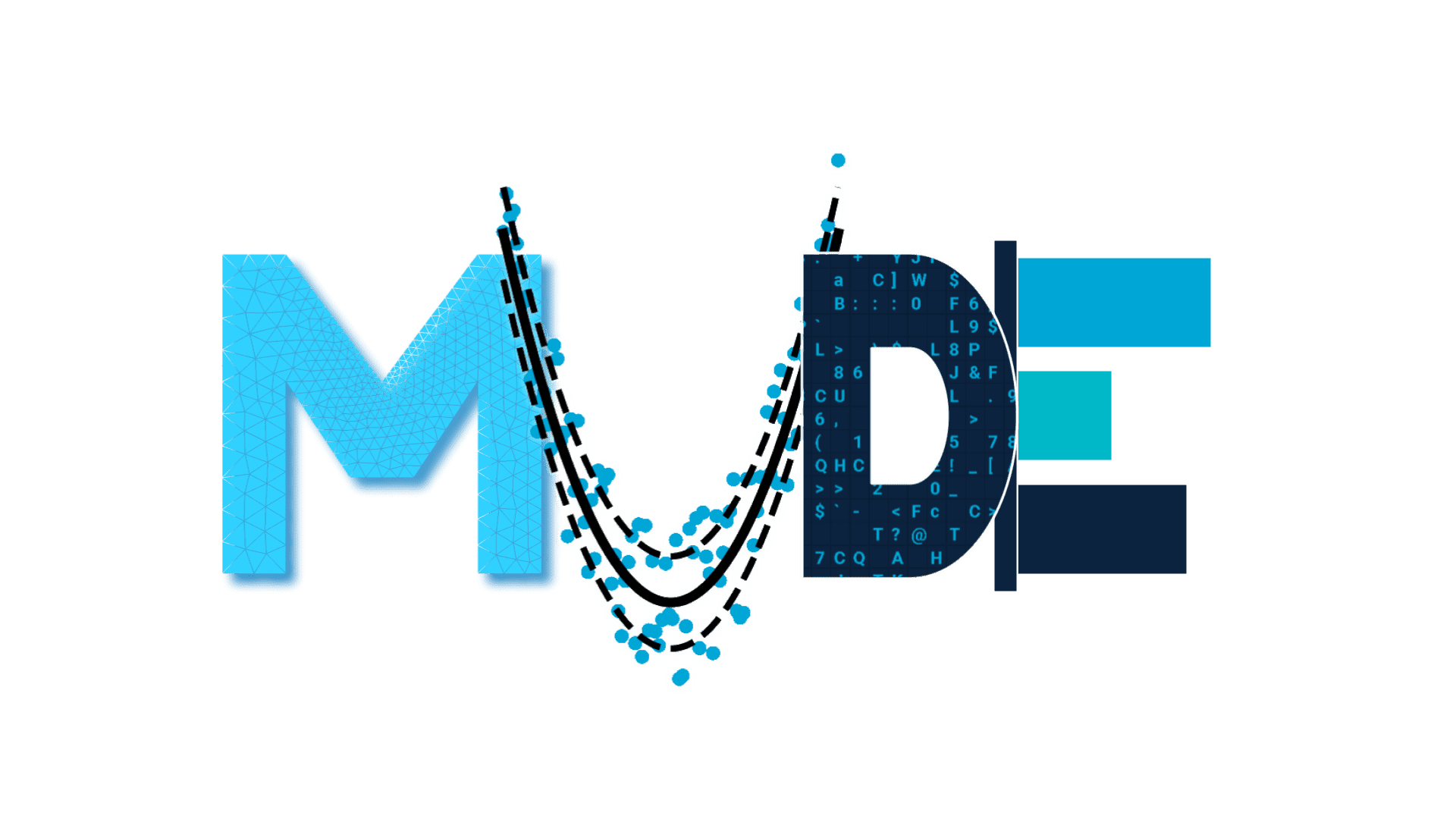Credits and License#
You can refer to the most recent version of this book as:
Ding, J., van der Meer, F., van Woudenberg, T., Lanzafame, R. & Verhagen S. (Eds.) (n.d.), Modelling, Uncertainty and Data for Engineers (MUDE) workbook, Delft University of Technology. https://mude.citg.tudelft.nl/workbook-2025, CC BY 4.0.
The structure of the book and formatting of contents is done under direction of the Editors, in collaboration with a large team of co-authors and student assistants. Some assignments and pages have additional primary authors who are identified on those pages as necessary. If an author is not listed on a particular chapter or page, the editors may be attributed as the authors. Furthermore, as contents of this book may change, we cannot guarantee that chapter titles and URL’s will remain static indefinitely. Therefore, if it is important for you to reference a specific location within the book, we recommend including the complete URL and version in your reference:
<Primary Authors>,<Title of Chapter or Page>. In Ding et al. (n.d.), Modelling, Uncertainty and Data for Engineers (MUDE) workbook. Delft University of Technology. https://mude.citg.tudelft.nl/workbook-2025/<…>, version<version_number>`, CC BY 4.0.
Please note that a DOI is created only for complete versions
Ding, J. Lanzafame, R., van der Meer, F. van Woudenberg, T., Verhagen, S. (Eds.) (2025), Modelling, Uncertainty and Data for Engineers (MUDE) Workbook, Delft University of Technology. https://mude.citg.tudelft.nl/workbook-2025, version v2025.39.5, CC BY 4.0. doi:10.5281/zenodo.18309674.
How the book is made#
This book is created using open source tools: it is a JupyterBook that is written using Markdown and Jupyter notebooks. Additional tooling is used from the TeachBooks initiative to enhance the editing and reading experience.
Acknowledgements#
In addition to the generous support of the faculty of Civil Engineering and Geosciences at Delft University of Technology (as also described on the Credits page of the MUDE Textbook), a tremendous thank you goes out to our MUDE students for their role in the constant refinement of MUDE materials. In particular: the first year students whose constant feedback helped influence the redesign of MUDE for year 2 (2023-24); as well as the many MUDE teaching assistants: for those in the first year (2022-23) who, like the MUDE teachers themselves had no idea what MUDE was (yet!); and the brave students from the first and second years who were motivated to help teachers make MUDE even better for the next generation of students. Finally, a special thank you goes to the colleagues who overcame fears and challenges associated with the “new” (to us) way of working with Jupyter ecosystem: your willingness to learn and adapt to improve your teaching is truly inspiring!
Rok Stular developed the original web server and CI/CD pipeline concepts for the 2023-24 academic year. These were completely revised and set up for the 2024-25 academic year by Kwangjin Lee. In 2025-26, the infrastructure was further revised by Tom van Woudenberg.
Tom van Woudenberg gets a special mention for his thorough review of every file in all of the weeks he was involved in MUDE as a teacher, which was most of them (far above average). Robert Lanzafame was responsible for implementing many of the changes in year 2 that gave MUDE its unique (albeit complicated) character: for example, a consistent notebook structure, assignment types and use of open source websites. Sandra Verhagen is a hero for leading the MUDE Team as Module Manager of year 1: keeping over 50 colleagues on track to deliver a brand new module based on Jupyter notebooks and Python when very few of us had any experience with it, during a year where the entire curriculum was new, all while keeping students satisfied and producing overall positive results—miraculous.
As it is impossible to indicate the contributions of all MUDE TA’s individually, they are listed here
License#
This manual is CC BY 4.0 licensed allowing you to share and adapt the material, as long as the source is named. Resources that are not included under the CC BY license and external resources that are reused in this book are listed in the sections below.
If an author is not listed on a particular page, it is by the Editors.
Auxiliary files such as figures, code, videos, etc, are included under the license of this book and should be attributed to the authors of the chapter or page where they are used, unless otherwise stated below or in the file itself. Text-based files (i.e., non-binary) are typically stored in the repository, within the subdirectory where the source file of the chapter or page is located. Binary files are stored in an FTP server (https://github.com/TUDelft-MUDE/source-files/raw/main/file/<binary_file_name>). Videos and quiz questions are stored in and served from YouTube and H5p; contact the MUDE Team directly if you are interested in source materials for these resources.
